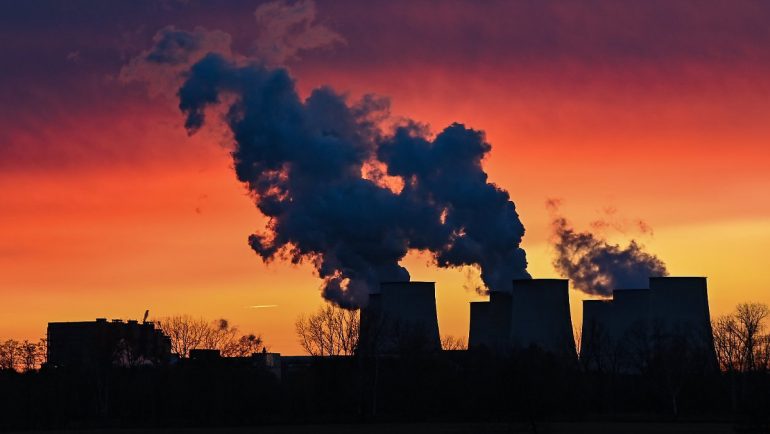Friday 23 July 2021
block multiple states
G20 countries reject tough climate targets
Major industrial and emerging countries are responsible for 80 percent of all global emissions. But at a meeting of G20 environment ministers, many refused to strive for the first 1.5 degree target. However, there are also positive signs from the tough negotiations.
The ministers responsible for the environment, climate and energy of the G20 countries were unable to agree on more ambitious climate goals at a meeting in Naples. The Joint Final Declaration lacks a commitment to achieve the 1.5° target by the end of 2030. Italian minister Roberto Cingolani said in the evening that many countries had refused. However, the group once again accepted the Paris climate agreement. The general goal is to keep global warming below 2 degrees and continue efforts to reduce it to 1.5 degrees.
The German Secretary of State for the Environment, Jochen Flasbarth, spoke of very difficult negotiations. UN climate chief Patricia Espinosa warned the G20 group from major industrialized and emerging countries that it is responsible for 80 percent of all global emissions. Without the G20, there would be no way up to 1.5 degrees. Espinosa called for more determination to be shown at the World Climate Conference in Glasgow in November.
The two-day meeting in Naples also served to prepare for the G20 summit in Rome in late October. The group of economically strong countries on all continents includes the United States, China, Russia, and Germany. This year is the presidency of Italy. Germany was represented by Secretary of State Flassberth.
No compromise on nature conservation
Flasbarth said he still sees a great need for persuasion in emerging countries. Countries like China, India or Russia still have very different views on the use of fossil energy. The Paris climate agreement seeks to limit global warming to 1.5 degrees. But the Earth has already warmed by about 1.2 degrees compared to pre-industrial times. The result: depending on the region, there are more heat waves and droughts as well as heavy rains, hurricanes, tornadoes and floods.
There was also no agreement on conservation efforts. Only a small number of states have spoken in favor of keeping 30 percent of land and marine areas under protection by the end of this decade. Flasbarth said that so far emerging countries have mainly seen their role in calling on industrialized countries to do more to protect the climate. This is why negotiations were very difficult even when there were positive signs.
For the first time, G20 states “act as a community of responsibility and create missions to fight climate change together”. In addition, all have committed to revising their national climate goals until the World Climate Conference takes place.

Introvert. Proud beer specialist. Coffee geek. Typical thinker. Pop culture trailblazer. Music practitioner. Explorer.





